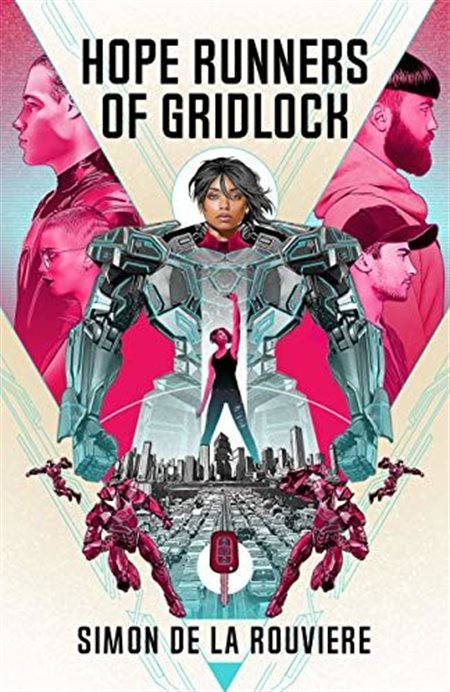#PulpNonFiction: Pizza arbitrage, sheep shagging and paperclip minimiser dystopias
Symptoms, causes and solutions
When it comes to life, society, business and marketing, we know when we have problems (which is most of the time). The trouble is, problems make themselves apparent by their symptoms.
Identifying symptoms is easy. It’s easy to feel if something hurts, to spot if something is broken or to know your marketing campaign is not delivering the return on investment results you hoped for. Identifying the underlying cause or root problem behind those symptoms is a harder endeavour. Diagnosing the illness is a far more difficult task than merely noting down an obvious symptom. Prescribing the correct solution or treatment to cure that underlying ill is harder still; especially if we have misdiagnosed the cases of our uncomfortable symptoms.
Unfortunately, as marketers, as business owners - and even as policy makers - we tend to get wedded to our preferred “solutions” even as we are unsure of the underlying causes of the ailments we are treating. This leads to all kinds of problems: wasted resources, inefficiencies, unintended consequences and unnecessary harms. Sometimes our preferred cures can end up causing more damage than the underlying disease itself. There are countless examples of these sorts of ineffective “solutions” in real life, ranging from "pizza arbitrage" to “sheep shagging” and “paperclip minimiser” dystopias.

We know the problem but what are the solutions?
It was with this line of thinking in mind that I reviewed two (very different) just-released books by South African authors, firstly John Sanei and Iraj Abedian’s Future Next and secondly, Simon de la Rouviere’s Hope Runners of Gridlock.
Future Next is a business book that attempts to “re-imagine our world” socio economic systems after the upheaval we have all experienced in 2020. The book re-iterates and summarises many of the problems we are all well aware we have in society today, including inequality, unsustainable conspicuous consumption, and disconnect between price and value (or, for example, “essential” and “inessential” worker wages) in our increasingly financialised and fragile debt-fuelled economies. The authors then encourage the reader to make more conscious choices to correct these ills.

Hope Runners is the first instalment of a science fiction series that follows a young girl, Flora Kaigo, and her friends as they navigate life in Gridlock - a fantastical city that has formed over and around a monstrous generations-long traffic jam and that operates on a rather unusual economic system.
Now, at first blush, the two books, one non-fiction, one science fiction, seem to have little in common, but I was struck with how Rouviere’s work of speculative fiction manages to both dig deeper down into the underlying causes of human inequality and economic instability and hint more clearly at specific potential cures for those ills than Future Next (which focused on articulating the current situation and outlining general principles rather than specific actions for curing the ailments of society the authors desire to address).
This is perhaps less surprising when one considers Rouviere’s background in coding and building decentralised alternative market places, which has given him hands-on insights into the incentives and trade-offs that guide human behaviour.
As Rouviere writes about Hope Runners of Gridlock:
I wrote this book for several reasons: I wanted to explore how a city with novel economics affects the inhabitants within it. I wanted to explore how different people deal with life in a city where hope slowly continues to fade. I wanted to explore how different people make different trade-offs pursuing the same goals. I like novel worlds and cities.First do no harmThe themes of choice, control, and hope matters to this city, but it is universal themes that in our current age will hopefully add to the conversation.
Hopefully, after reading this article (and perhaps the books mentioned too) you will be encouraged to pause and think about the problems you face in your own work, life and businesses, and to consider more carefully if your favourite solutions address the root cause or merely the symptom of your frustrations. We should not become wedded to our favourite solutions, we should rather keep focused on the end goal, which is to fix what is broken. Equally, we should take care to ensure that the side effects of our chosen cures do not end up causing more harm than the initial symptoms themselves. As with medicine, as with life, first do no harm.





































